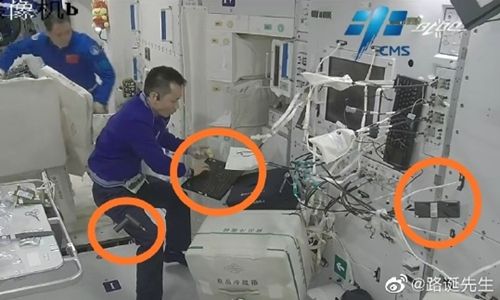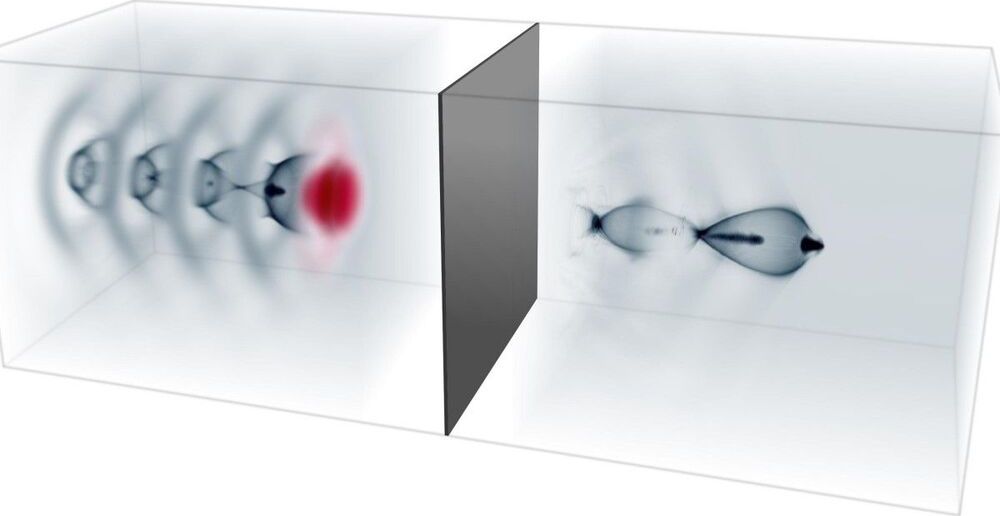
Move over, gene-editing proteins—there’s a smaller, cheaper, more specific genetic engineering tool on the block: DNAzymes—small DNA molecules that can function like protein enzymes.
Researchers at the University of Illinois Urbana-Champaign have developed a technique that, for the first time, allows DNAzymes to target and cut double-stranded DNA, overcoming a significant limitation of the technology. DNAzymes have been used in biosensing, DNA computing and many other applications. However, when it comes to genetic engineering applications such as gene editing or gene therapy, they have faced a challenge: DNAzymes have only been able to target sites on single-stranded DNA, while the DNA coding for genes in cells is double-stranded. The researchers published their new technique in the Journal of the American Chemical Society.
“DNAzymes have many advantages, including higher stability, smaller size and lower cost than protein enzymes. These advantages perfectly fit the requirement for genetic engineering tools,” said study leader Yi Lu, a professor of chemistry at Illinois. “No DNAzymes could alter double-stranded DNA until this work. By making that happen, we open the door for DNAzymes to enter the entire world of genetic engineering.”


















